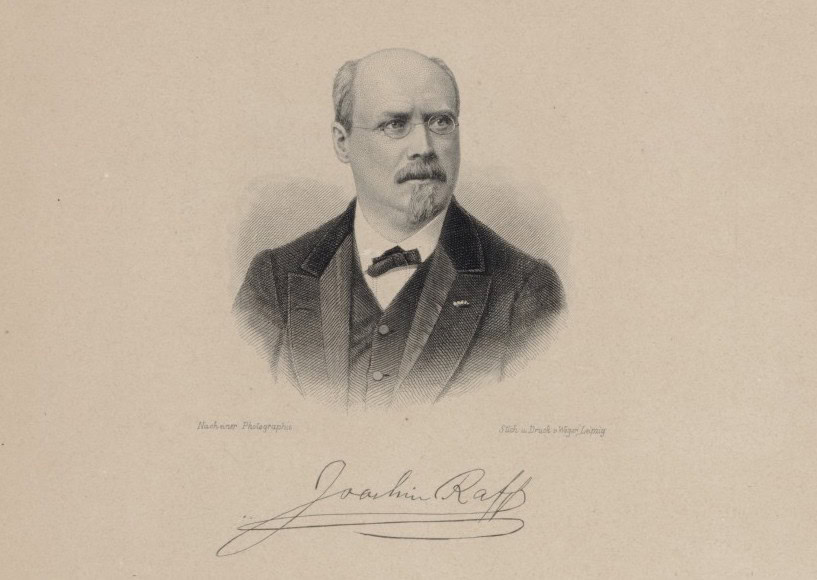Political pop made in America
An anthology examines the reciprocal relationship between pop music and politics, but focuses too strongly on American aspects.

A few weeks have passed since a fierce controversy erupted in connection with the German Echo Awards. The South Tyrolean band Frei.Wild was caught in the crossfire. Critics accused the rock group of sympathizing with right-wing extremist ideas. As a result, the organizers decided to disinvite the group from the award ceremony. They wanted to prevent the Echo from becoming the scene of a debate about political views.
This is just one of many examples in which the connection between pop music and politics comes into play. The list could go on and on, from politicizing musicians such as the Brazilian Gilberto Gil to the Schnitzelbänken of the Basel Fasnacht. It is surprising that this seemingly so present subject area has so far only been examined selectively by academics. The anthology A change is gonna comeedited by German political scientist Dietmar Schiller, one of the rare contributions in this field.
In both academic and journalistic essays, the authors explore very different facets of the field of tension described. The political success of protest concerts such as Live-Aid, the musical treatment of 9/11 and the relationship between folk icon Woody Guthrie and the punk genre are all addressed. The contributions show that music not only manifests itself politically on a lyrical level. For example, the physical forms of representation of the female representatives of Motown soul can also be seen as political statements. The highlight of the volume is a political history of the blues, which breaks with the stereotype of the "melancholy blues" right at the beginning and charts the socio-political relevance of the genre over the decades.
However, there are two reasons why this volume, which is exciting and always informative, is not convincing. Firstly, the disparity between the individual contributions is too great. From abstract and complex scientific language to casual study reports, the book contains a whole range of linguistic forms of expression. Not all of the contributions bring new insights to light and there is always a lack of sound evidence in the chain of argumentation. On the other hand, both the title - A change is gonna come: pop music and politics - and the introduction give the impression of an extensive treatment of the subject. The latter covers a wide range of topics, from Pussy Riot in Russia and the Eurovision Song Contest in Baku to Gaddafi's court concerts by Usher, Nelly Furtado & Co. However, the subsequent essays mainly report on (Afro)-American pop history, with three articles dedicated to country music. This not only results in repetition of content, but also raises the question of why the hip-hop genre is conspicuous by its absence.
The incumbent American president is omnipresent. Whether it's a reception for blues musicians in the White House, an interview with the pop magazine Rolling Stone or personal iPod playlist: Reading the book makes it clear that this president is using American pop culture as a tool for his politics like few others before him. The cover shows Obama's likeness in duplicate and the title refers to his first speech as president. With A change is gonna come Obama quoted a protest song by soul singer Sam Cooke in 2008.
All in all, the volume unfortunately fails to provide the broad presentation of the topic suggested by the title and instead comes up with interesting, if not always convincing, aspects of American pop history. However, the examples mentioned at the beginning show which dimensions within the - presumably inexhaustible - field of tension between pop music and politics could also be dealt with.
A change Is gonna come: Pop music and politics. Empirical contributions to political science research on pop music, edited by Dietmar Schiller, 338 p., Fr. 46.90, LIT-Verlag, Berlin 2012, ISBN 978-3-643-11429-7









